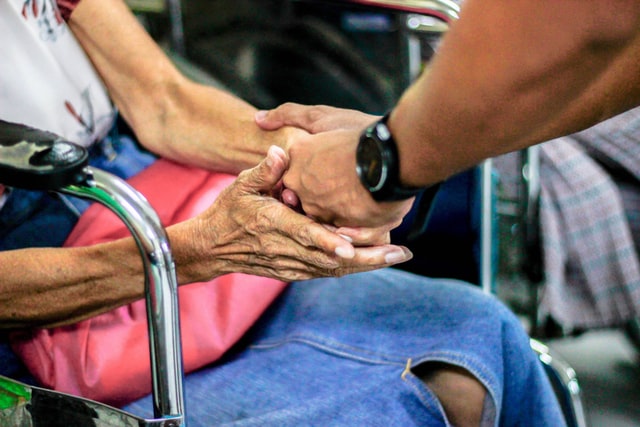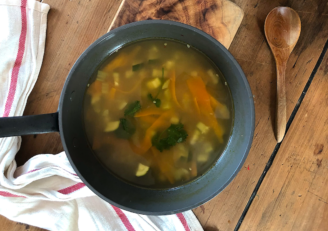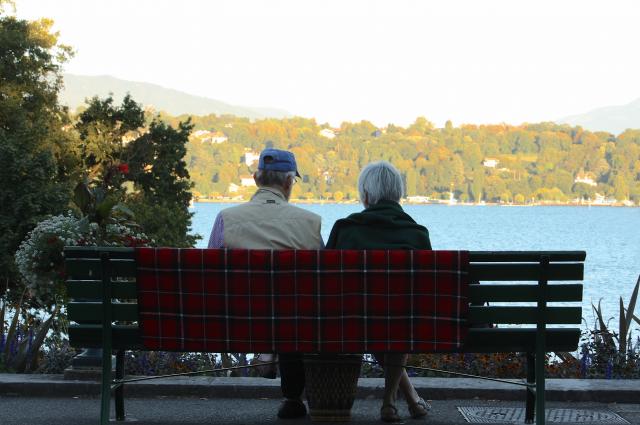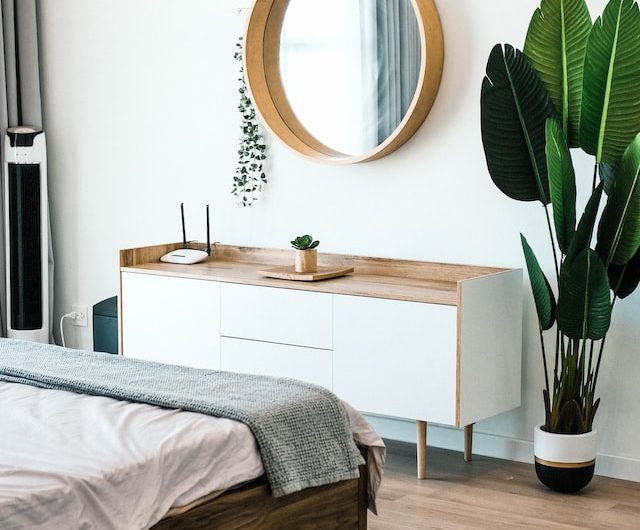
If you are a care-giver for a person who has had COVID, whether they remained at home for the duration of their illness or were admitted to hospital, then this can have been a stressful time. The stress might not only be for them but also for you.
It is understandable that there may well have been times when everyone involved feared the worst. Restrictions around visiting, and self-isolation will certainly have made the situation worse when the elderly person needed comfort. If the recovery from COVID involved a stay in hospital, and in particular in ICU then it is likely that there may be some unanswered questions relating to the care that was received and what the next steps are to further aid with recovery.
Physical and psychological difficulties
Whilst your charge may no longer be infectious with COVID, the physical and psychological difficulties that they may face during their recovery will take longer.
Physically, there may still be issues with breathlessness, your charge may be very weak – particularly if their appetite suffered during their illness either as a result of changes in taste or just not feeling well enough to eat. A lack of exercise during this time may also result in stiffness in the joints or even fatigue. Other issues following a COVID infection may include low mood, and irritability. This is particularly likely if the individual has nightmares of flashbacks that may seem rather real.
What can you do?
For a while at least, it may be that much of your time spent providing care at home will be spent offering support and understanding. It may be the case that you will need to offer more support than previously and also that the balance between supporting your care charge and encouraging then to return to their previous levels of independence.
Encourage the elderly person you care for to try a range of foods. It may be that their sense of taste has not fully returned, and familiar foods do not taste right. Try a range of foods to help tempt their appetite as this will help them to regain their strength. Try getting outside once a day for some fresh air as well, but start slowly and build this up so that they do not become too fatigued. A simple sit in the garden is a good start, building up to a short walk and then eventually, hopefully, returning to their previous level of activity. This will help them to sleep better and will also help them to improve the muscles that they might not have used too much whilst they had COVID, particularly if they were unwell for quite a while.
It is important to remember that whilst you are offering the much-needed support that your care charge may need, this time can be more stressful for you as well. Remember to look after yourself as well. After all, if you become unwell then you will not be able to offer the level of support and help that your care charge needs.
 High Calorie Meals for Seniors With Little Appetite
High Calorie Meals for Seniors With Little Appetite  Managing Type-2 Diabetes
Managing Type-2 Diabetes  Could video games benefit those with low mobility?
Could video games benefit those with low mobility?  Why are social care resources so stretched?
Why are social care resources so stretched?  Elderly People Scared To Leave Home Following Covid-19 Pandemic
Elderly People Scared To Leave Home Following Covid-19 Pandemic  Is it time to embrace Quiet Living?
Is it time to embrace Quiet Living?  Escaping the procrastination trap-how to start your focus era
Escaping the procrastination trap-how to start your focus era  How To Become A More Mindful Person
How To Become A More Mindful Person